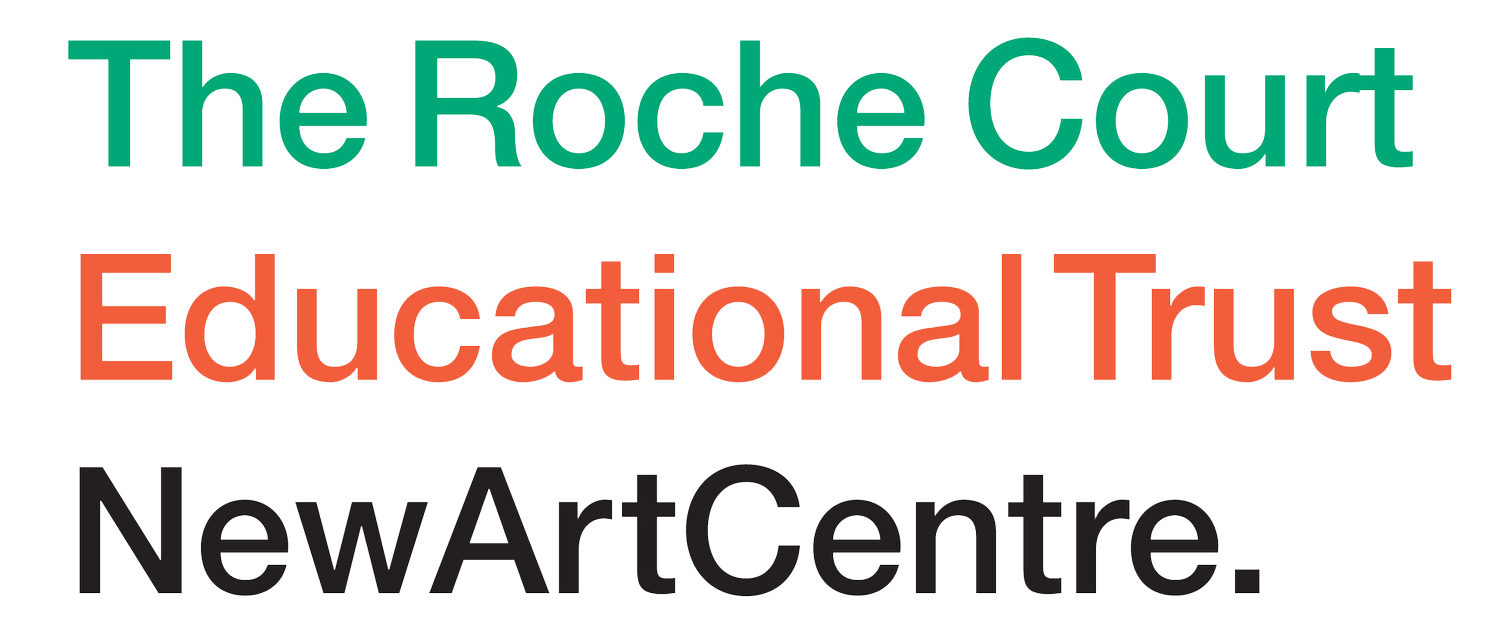Career Profile: Tonya Nelson
London Area Director, Arts Council England
Interviewed 2020
Could you talk a little bit about your career path from secondary school to where you are today?
My career path has been crazy! I grew up in Washington, DC where everyone is either a lawyer or politician. When I went to university, I studied what was known as a ‘safe’ subject: Political Science. I could be a lawyer, civil servant, politician, or academic with that degree. However, I always had a curiosity around the arts. I took a number of art history and creative writing classes. I ultimately, however, ended up attending law school and entering law practice as a litigator (barrister). Although my main area of practice was financial fraud, I handled a number of pro bono cases related to artist intellectual property rights. I was also involved in WWII restitution of property cases where I learned a great deal about art stolen during the Nazi era. In my free time, I started a weekly arts newsletter with a friend. My passion to work in the arts grew and finally I had the opportunity to take a sabbatical from my law practice and decided to take a short course in art history in London. I enjoyed the course so much that I felt it was time to make a change. I applied to the Christie’s Education master’s degree course and was accepted. The rest is history. I went on to land my first job as Head of Governance and Planning to London Transport Museum then Manager of the Petrie Museum of Egyptian Archeology at University College London (UCL) progressing to Director of UCL Museums and Cultural Programmes. I recently moved to Arts Council England (ACE) as the first Director of Arts Technology and Innovation where I have been lucky enough to see the future of fine art practice driven by artificial intelligence and immersive technologies. In a couple months, I will become ACE’s London Area Director.
What was the first artwork that had a palpable effect on you?
I can’t remember the name of a single work, but I saw an exhibition of Romare Bearden’s work when I was a teenager and was blown away for a number of reasons. First, his work portrayed the lives of African Americans in a way that was personally very familiar to me, but that I had never seen on the walls of an art museum. My parents grew up in a farming community in the deep south of the United States and the images that Bearden composed reminded me of my summer visits to see my grandparents there. Second, I was excited by his use of collage. I was a creative child but not especially talented in drawing or painting. I enjoyed making collages but didn’t think of it as ‘art.’ The sophistication and technical complexity of Bearden’s work proved me wrong and I was somewhat inspired by the possibility that what some might term ‘craft’ could be seen as an important form of artistic expression. Finally, I loved the colours he used. I have always been attracted to use of colour as a form of expression and found the juxtaposition of different bright colours exhilarating.
What is the most memorable book that you’ve read?
The Bluest Eye by Toni Morrison. Powerful story of the impact of beauty standards.
What is the best advice you’ve ever received?
Growth requires moving out of your comfort zone. In order to achieve your goals, you must take risks. Leaving the very secure and well-paid world of law was a huge risk for me, but I don’t regret it. I didn’t land my dream job immediately, and in fact, I was jobless for a couple months after graduating from my masters programme. However, with focus and passion, I was able to find a path forward. When you take risks, new types of opportunities arise that you could not foresee. However, you must be flexible – life is rarely a straight line, more often it is a series of zigzags.
What would be your top tip for pursuing a career in the arts?
Take time to explore all the different types of careers there are in art. Most people start out wanting to be curators – that’s fine – but there are so many roles for people who want to work in this field. There are art-focused public relations companies, there are art fair directors, there are auction house professionals. Explore many roles and understand what is required to obtain those roles.

